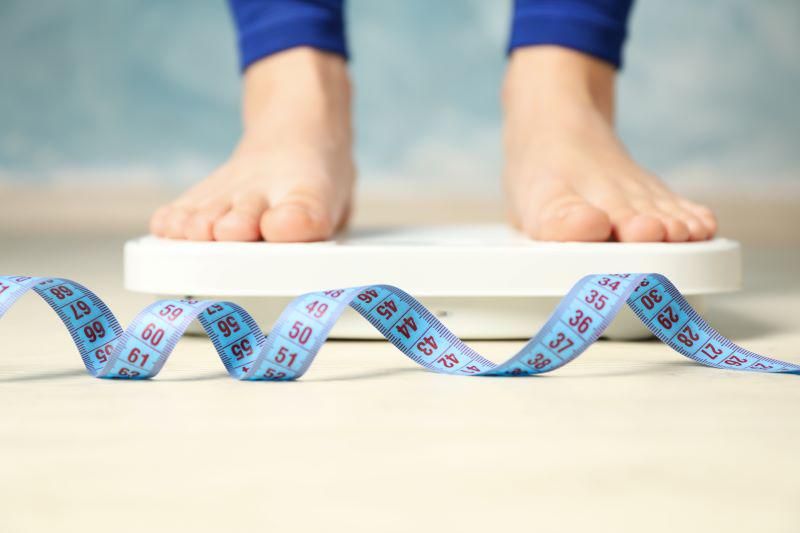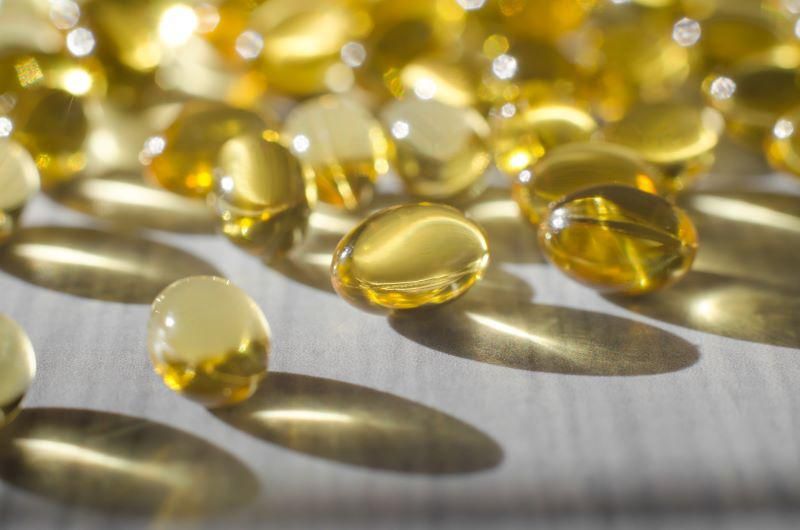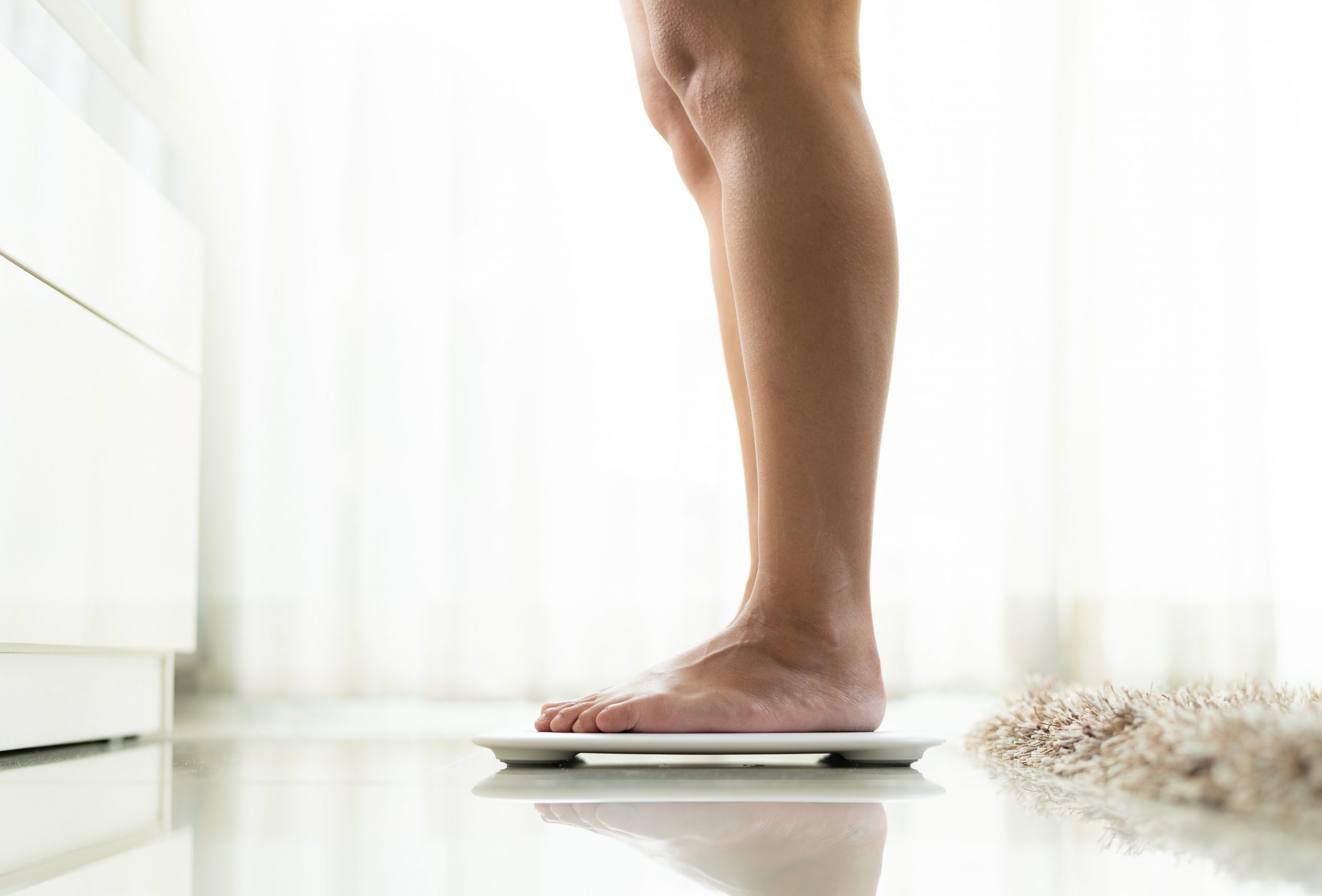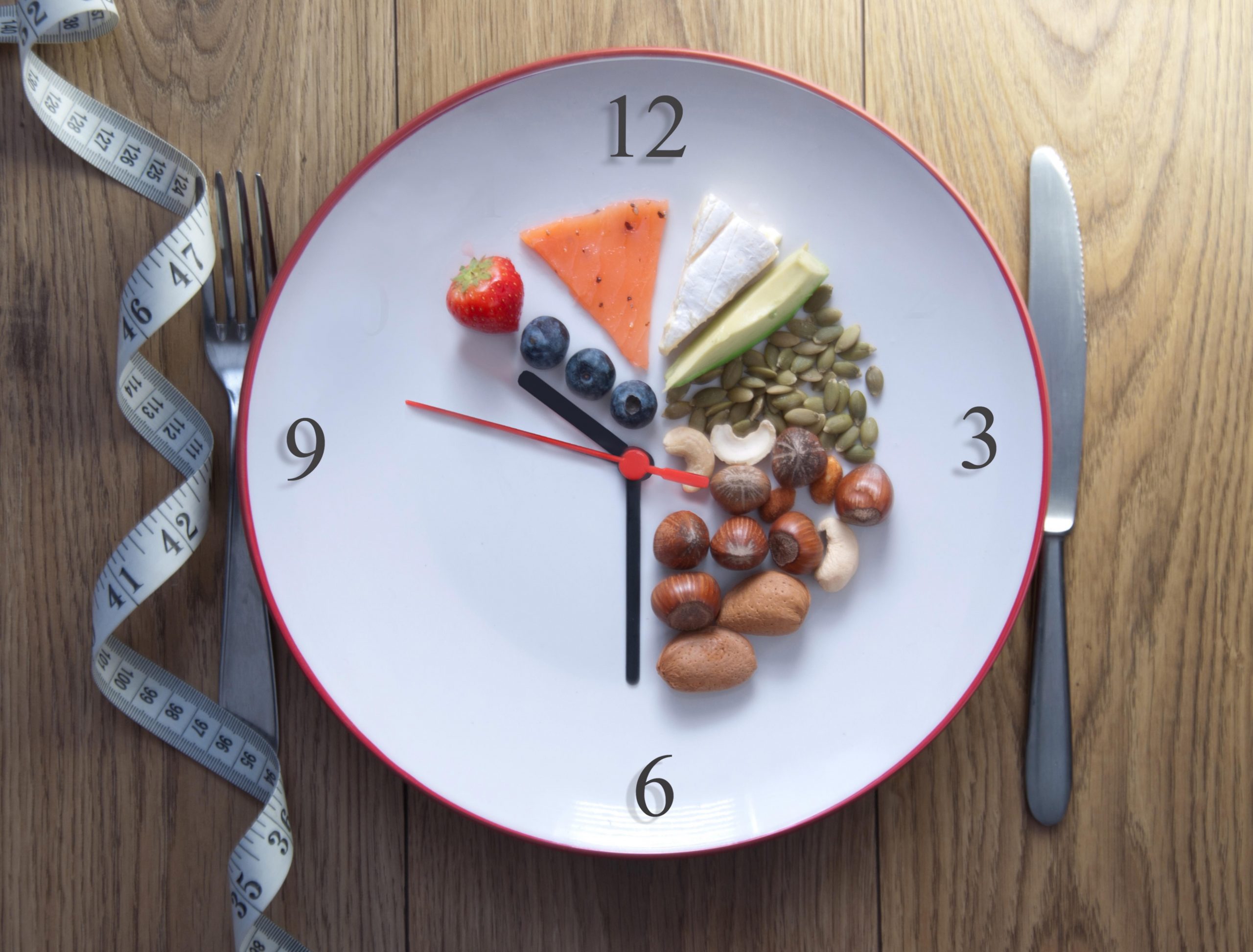
Some women take hormone replacement therapy (HRT) to combat the hot flashes and night sweats that accompany menopause, but a new study review suggests hormone therapy may increase a woman’s risk for developing heartburn. Women who take or have ever taken hormones are at greater risk for developing gastroesophageal reflux disease or GERD, which is… read on > read on >






























